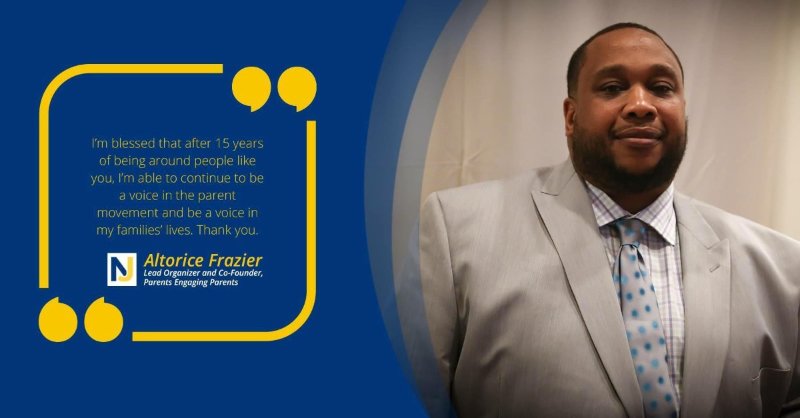
The NJ DOE Says It's Asking for Input on Charter Schools But Is the Verdict in Already?
October 16, 2018
Something Farshtunkene* in Lakewood
October 18, 2018Oops. New Jersey DOE Leaders Just Made a Mistake.
On October 12, last Friday, Assistant Education Commissioner Linda Eno sent a letter to all “Chief School Administrators, Charter School and Renaissance School Project Leads,” copied to Commissioner Lamont Repollet. The letter, entitled “Spring 2019 State Assessment Name, Length and Time Changes,” describes the differences between last year’s administration of standardized tests to those that will be given this coming Spring.
There’s just one problem. The information shared with school leaders is wrong.
Two weeks ago Comm. Repollet went to the State Board of Education with his proposal to eliminate four of the six end-of-course assessments for high school students. He wanted, per Governor Murphy’s promise to NJEA, to reduce the number of end-of-course tests that students take in high school from six to two, the minimum required under federal law. Those tests, he said, would be 10th grade English language arts (ELA) and Algebra 1 (which some students take in 8th grade). But in a show of good sense, indifference to special interests, and a focus on what’s best for kids, the Board tossed out Repollet’s proposals and approved a fair compromise: high school students will take four tests: ELA 9 (where outcomes are important information for teachers, students, and parents because ELA 10 is a graduation requirement), ELA 10, Algebra 1, and Geometry.
Those are the facts.
Now scroll to the end of the letter and look at the last set of charts that contrasts the tests high school students will take in 2018 and 2019. The chart on the left is for last year. It says, correctly, that students took Algebra 1, Geometry, and Algebra II.
Now look at the chart on the left for this year. It says, incorrectly, that students will take only Algebra 1.
If wishes were horses beggars would fly. Comm. Repollet approved a letter written by Asst. Comm. Eno that certified the Governor’s wishes. But that’s not what the State Board approved.
Let’s hope Chief School Administrators, Charter School and Renaissance School Project Leads (as well as students, parents, and teachers) have better information than they’re getting from the DOE.
Two notes:
- Linda Eno was actually Comm. Repollet’s second pick for the job of Assistant Commissioner of Academic and Performance. His first pick was a colleague from Asbury Park, the highly-qualified Paula White. On her way home on the first day at her new gig, a week after the State Board of Education unanimously approved her appointment, she got a call telling her that Gov. Murphy had rescinded her appointment. Word on the street was that NJEA leaders disapproved of her 18-month tenure with Democrats for Education Reform and the Governor obeyed orders. For more see here.
- It’s worth pointing out that in 2008 Gov. Corzine convened the “New Jersey High School Redesign Steering Committee.” From the Committee’s final recommendations:
Perhaps the most controversial recommendation in this paper is the phased-in graduation requirement of Algebra II for all students. Some have cautioned against this mandate. Arguments have questioned the need for all students to study the subject, have asserted that it would be too difficult for many students, and have pointed to the difficulty of finding highly qualified teachers for the course.
These concerns are persuasive. But they are not as compelling as the data that indicate how important Algebra II is for lifelong learning. A growing body of research has recognized the crucial link between the study of advanced math in high school and success in college and work. In fact, many colleges and universities in New Jersey and across the nation require the completion of Algebra II for entry. Algebra II skills are also required for entry in some apprenticeship programs in the state.
In other words, the DOE and numerous stakeholders decided ten years ago that Algebra 1 and Geometry alone are not enough to be fully prepared for college (as well as college entrance exams) and students need the next course in the sequence, Algebra II. The consensus has not changed.




